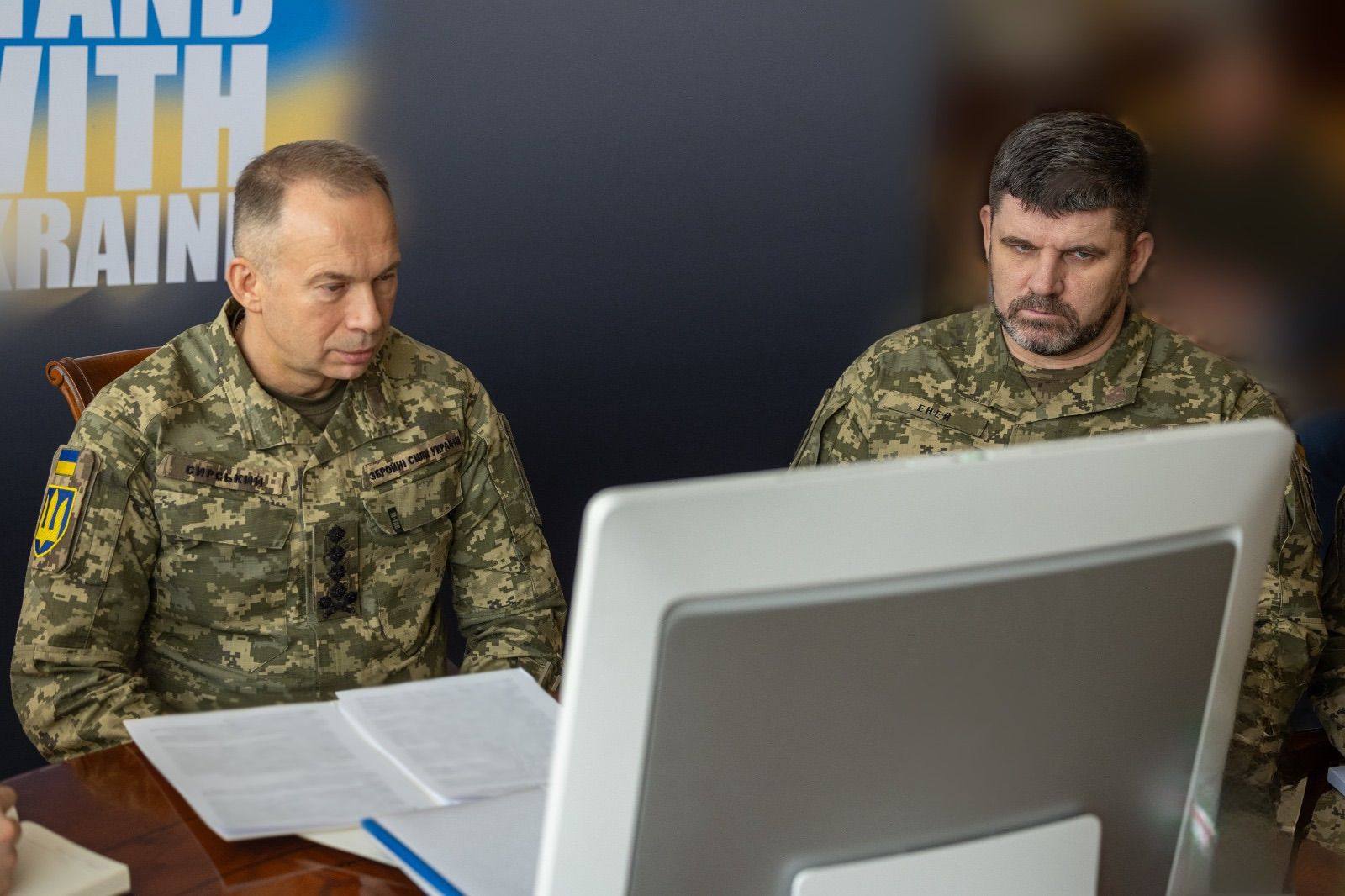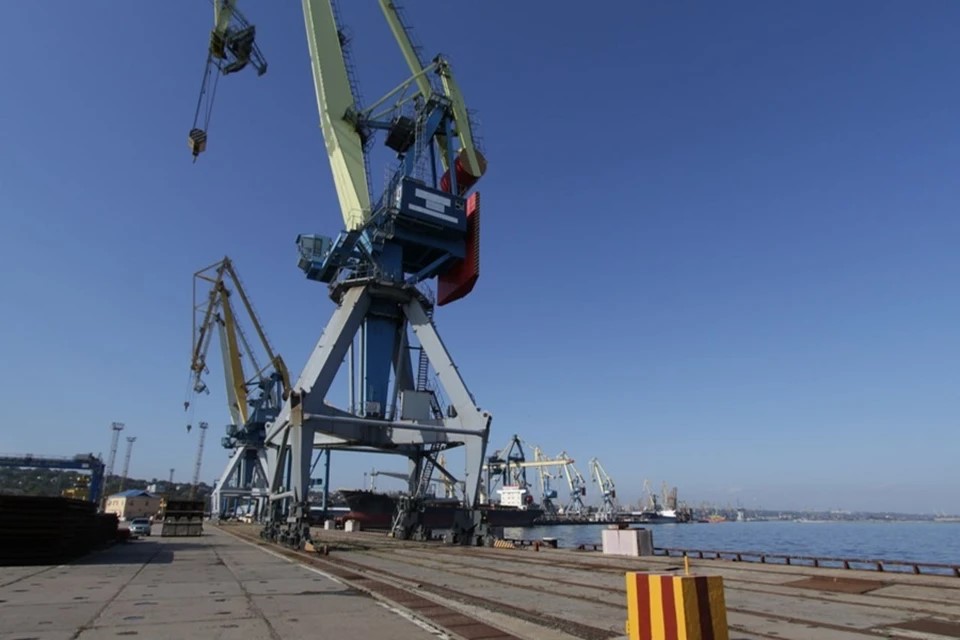Ukraine’s defense partner support under the "Danish model" will increase to €1.3 billion by 2025.
Belgium will provide annual aid to Ukraine amounting to €1 billion until 2029, as well as a mine countermeasures ship.
Norway is allocating $700 million for drones for Ukraine and $50 million to the NSATU Trust Fund supporting Ukraine.
Sweden is allocating €50 million for NSATU (NATO Security Assistance and Training for Ukraine) and NATO CAP (Comprehensive Assistance Package) projects, which focus on training Ukrainian military personnel and supporting Ukraine.
The European Council approved Norway’s voluntary financial contribution of one billion Norwegian kroner (€86 million) to support the Ukrainian army through the European Peace Facility.
Dutch Defense Minister Ruben Brekelmans announced that his country will provide Ukraine with a large military aid package for maritime security totaling €400 million. This package will include over 100 vessels — patrol boats, transport boats, interceptors, special operations vessels — 50 maritime drones, as well as weapons systems, sensors, spare parts, and training for Ukrainian specialists.
Canada will provide Ukraine with $45 million for drones, electronic warfare (EW) equipment, IT solutions, and armored vehicles Coyote and Bison.
Belgium, Sweden, Italy, Turkey, and Estonia have joined the EW Coalition.
Lithuania has simplified arms procurement from its domestic manufacturers, including for Ukraine.
At the meeting of the Ukraine Defense Contact Group (the “Ramstein” format), partner countries agreed to create a defense production mechanism: “Ukrainian manufacturers can invest in partner states, and companies from partner states can build their mega-factories in Ukraine.” Western partners also propose to finance weapon production on their own territory and supply the products to the Armed Forces of Ukraine as long as the war continues.
The American-Ukrainian Recovery and Development Fund may start operating by the end of the year. U.S. Treasury Secretary Scott Bessent, commenting on the news, reaffirmed U.S. support for Ukraine’s sovereignty and efforts to achieve sustainable and lasting peace. “No one who financed or supplied the Russian war machine should benefit from Ukraine’s recovery,” Bessent added.
Ukraine and the Japan International Cooperation Agency (JICA) signed a loan agreement providing financial assistance to Ukraine of 471.9 billion Japanese yen (over $3 billion USD), to be serviced from frozen Russian assets.
“This war must end. Ukraine shows constructiveness in negotiations. Stronger sanctions are needed against Russia, both from the U.S. Congress and the European Union,” said Finland’s President Alexander Stubb.
Czech Foreign Minister Jan Lipavský reiterated the call to intensify pressure on Russia to force it to peace.
Norwegian Foreign Minister Espen Barth Eide noted that Russia’s behavior in negotiations with Ukraine shows the Kremlin’s lack of interest in any agreements.
The EU extended the suspension of restrictions on imports of Ukrainian steel and iron for another three years.
Russian Federation (RF)
“…Given Putin’s behavior and his refusal to act reasonably, the U.S. Senate will soon grant President Donald Trump even more tools in his arsenal, and it won’t be a carrot,” said U.S. Republican Senator Lindsey Graham.
“Europeans constantly tell us that Russia is the greatest threat. We agree — in the Euro-Atlantic space, that is indeed the case,” said U.S. Ambassador to NATO Matthew Whitaker.
European Commission President Ursula von der Leyen stated that the EU is ready to unite with the U.S. and simultaneously impose sanctions on Russia to force Putin into peace negotiations. The EU currently plans an 18th package of sanctions against the RF: “Our primary goal is to sanction Russian energy and cut off Russia’s sources of funding.”
German Foreign Minister Johan Wadephul believes Russia has shown no readiness for dialogue to resolve the situation in Ukraine. Consequently, he called for the rapid adoption of the EU’s 18th sanctions package against Russia.
The Finnish Parliament approved an extension of the state of emergency, allowing the country to reject asylum applications from migrants crossing the border from Russia.
The RF government is increasingly concerned that the “managed cooling” of the economy, as dubbed by Deputy Prime Minister Novak, could become uncontrollable. The economy is sharply slowing after two years of rapid growth, stated Minister of Economic Development Reshetnikov: “We see more and more sectors of the real economy showing a decline in output. Consumer demand growth is slowing down.”
The liquid part of Russia’s National Wealth Fund decreased by almost 500 billion rubles ($4.2 billion) in May.
Falling commodity prices, tougher sanctions, and the Central Bank of Russia’s record-high interest rate since the early 2000s have hit the finances of Russia’s largest companies. In March, the net financial result of Russian organizations (profit minus loss) fell by 34% to 1.45 trillion rubles. Compared to the same month last year, businesses lost about 750 billion rubles in profits, and every third company operating in Russia ended the period with losses.
In Russia’s resource-based economic heartland — oil and gas extraction — net profits nearly halved (to 789.5 billion rubles), with 40% of enterprises closing the first quarter in the red. Food producers lost more than 13% of net profits, clothing factories about 30%, and furniture manufacturing 33%. Construction companies’ profits dropped by one-third. The financial result of oil refineries fell by 94%, or more than 17 times.
The coal industry remains deeply unprofitable, with two-thirds of companies operating at a loss; coal miners’ net loss over three months reached 79.9 billion rubles, approaching last year’s total loss of 112.6 billion rubles.
Russian steel and pipe producers shipped 1.8 million tons of metal for export via the Russian Railways network in May — 10% less than in April. Steel billet exports amounted to 980.4 thousand tons, down from 1.04 million tons in April. Cast iron exports were 185.1 thousand tons, 25% lower than April’s 245.3 thousand tons.
Real wage growth in Russia slowed to 0.1% year-on-year in March 2025.
Russian wheat exports are expected to fall by 20% this season.
The Russian Prosecutor General’s Office declared the British Council (organizer of the IELTS English language testing) undesirable. The office claims that council members are implementing projects aimed at systematically discrediting Russia’s internal and external policies, as well as promoting British interests and values in education, culture, and youth policy.
Russia’s Ministry of Digital Development proposed a default ban on calls from foreign SIM cards.
The Lithuanian government approved a draft law to introduce a national regime of economic sanctions against Belarus and Russia. The bill, now before the Seimas, was proposed by the Ministry of Foreign Affairs. It would empower the government to impose sanctions on individuals and companies, freeze their assets, and apply sectoral sanctions. Lithuania intends to apply this national sanctions regime if the EU does not extend restrictions on Russia and Belarus imposed due to the Russian invasion of Ukraine.
Poland blocks 97–98% of attempted border crossings by migrants, Interior Minister Tomasz Semoniak reported. According to him, the situation at the border with Belarus remains tense.


















